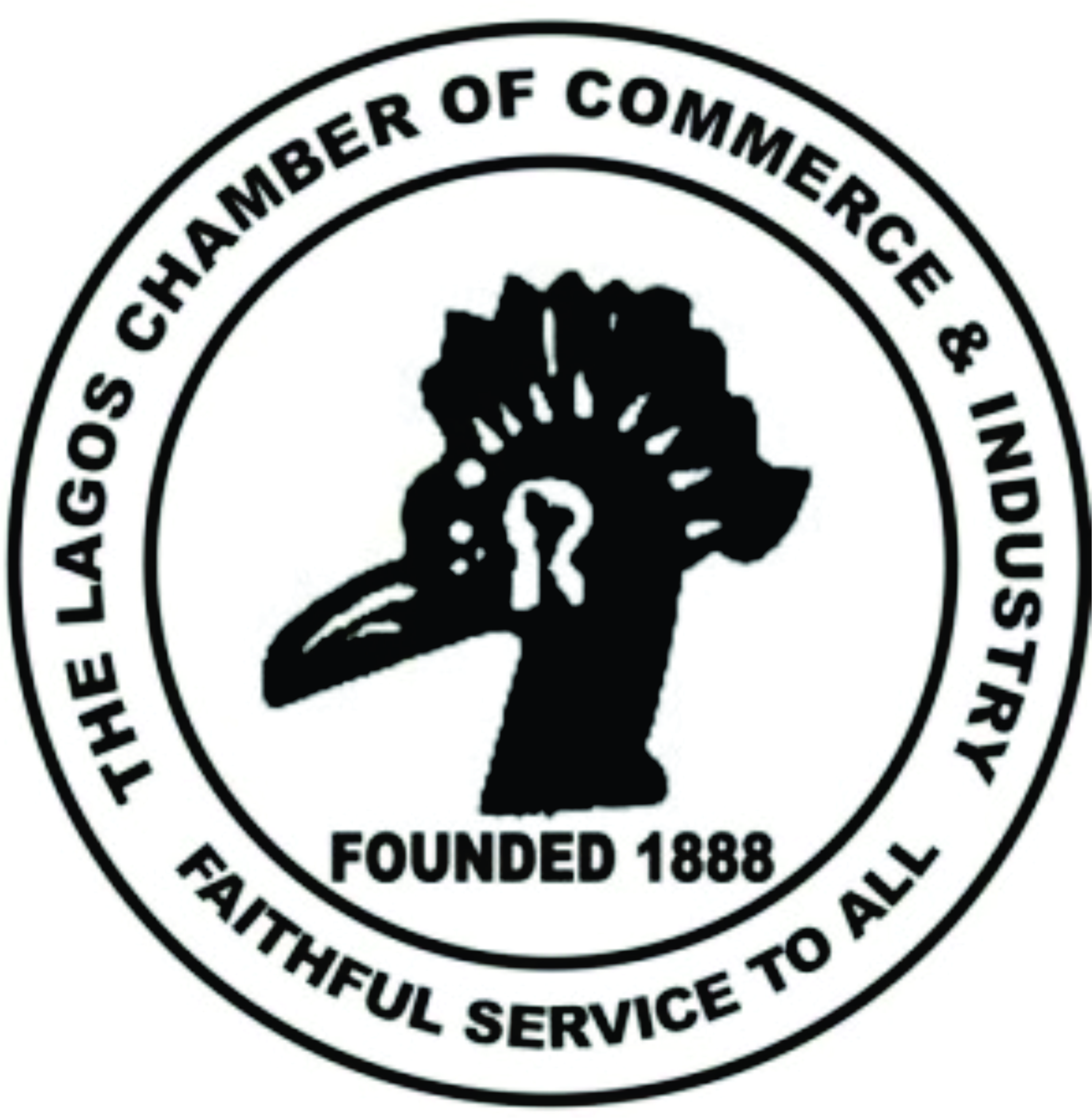The Lagos Chamber of Commerce and Industry (LCCI), has warned that the 2021 economic outlook for Nigeria remains bleak, adding that there are no quick fixes for the structural issues and the desired regulatory and institutional reforms.
In its Economic and Business Review for Year 2020 And Outlook for Year 2021 released on Sunday, the LCCI said while the security situation requires new strategies and approaches, it remains unclear what new strategies are in the works.
The report, released by its Director General Muda Yusuf, the LCCI said shortage in foreign exchange (forex) available to businesses and end-users will remain one of the biggest hurdles in 2021.
According to the report, while forex supply will face continued pressure in 2021 in the light of relatively lower dollar inflows from oil, foreign investment, and diaspora remittances, the Central Bank of Nigeria (CBN) is expected to sustain its demand management strategies via rationing and restricting access to forex for food imports.
The LCCI said without bold policy pronouncements, constraints to the ease of doing business including foreign exchange shortage, escalating production costs, high regulatory costs, infrastructure inadequacies, and delayed cargo clearance, will persist into year 2021.
Giving more insight into the report, Yusuf said: “These constraints will be more profound on businesses in the real economy. We believe the sluggish pace of recovery will continue to subdue consumer demand, albeit the impact on earnings performance will be disproportionate across sectors.”
He added that while most Micro Small and Medium Enterprises (MSMEs) will struggle to survive in the New Year amid unfavourable economic conditions, large corporates are expected to demonstrate resilience in the coming year.
“Looking ahead in 2021, we expect crude oil to sustain its dominance in Nigeria’s export while manufactured imports will most likely dominate the country’s import bill. We anticipate a sustained trade deficit in agriculture, manufactured goods and raw materials goods in 2021,” he said.
The LCCI boss said total capital inflows for year 2021 might likely range between $10 billion – $11 billion, below 2018 and 2019’s levels. The forex policies, security challenges, sustained fiscal & external risks, infrastructure inadequacies, policy credibility concerns and regulatory bottlenecks may keep capital importation subdued in the short-term.
The LCCI noted that micro, small and medium enterprises (MSMEs) in Lagos lost about N2.7 billion due to the coronavirus lockdown and disruptions caused by #EndSARS protests.
He listed major challenges faced by the business community in 2020 to include liquidity crisis in the foreign exchange market, sharp exchange rate depreciation, high energy and production cost, ports congestion, cumbersome and burdensome customs processes, insecurity, inconsistent policies, regulatory uncertainties, land border closure and Apapa traffic gridlock.
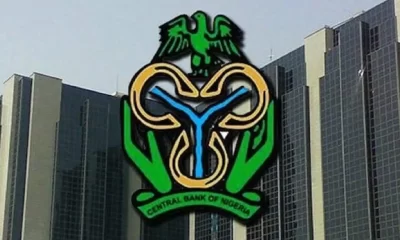
 Business4 days ago
Business4 days ago
 Politics4 days ago
Politics4 days ago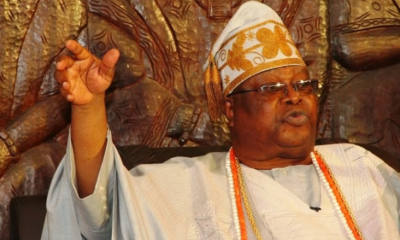
 Featured4 days ago
Featured4 days ago
 Business1 week ago
Business1 week ago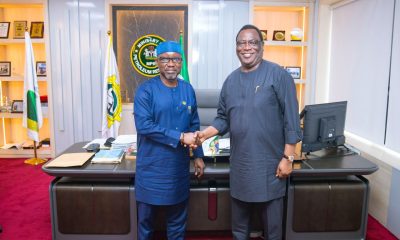
 Business4 days ago
Business4 days ago
 Latest3 days ago
Latest3 days ago
 Business5 days ago
Business5 days ago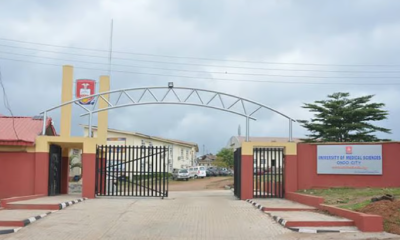
 Education4 days ago
Education4 days ago
